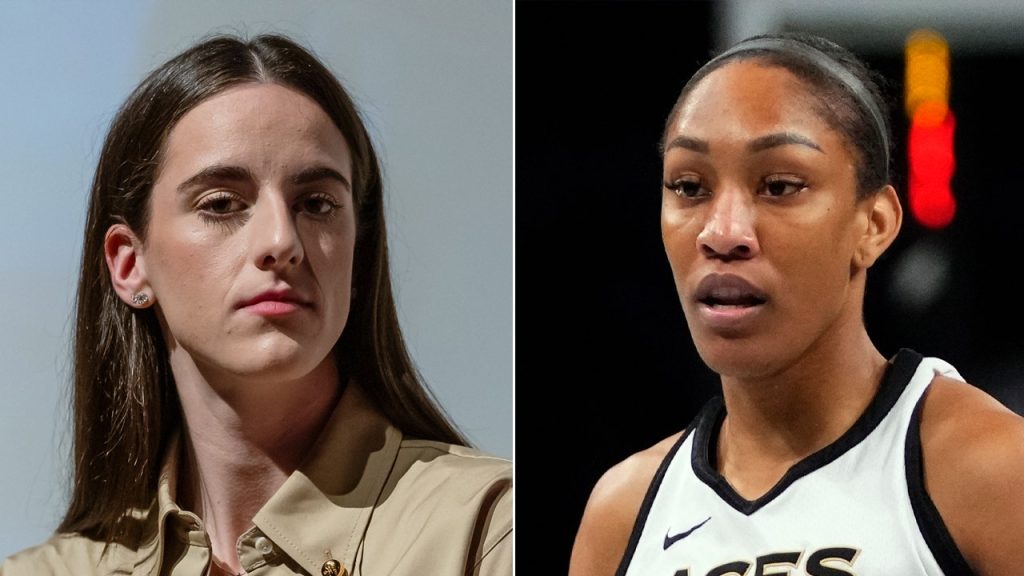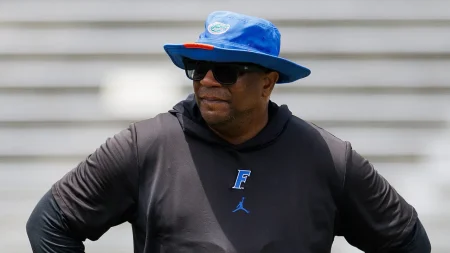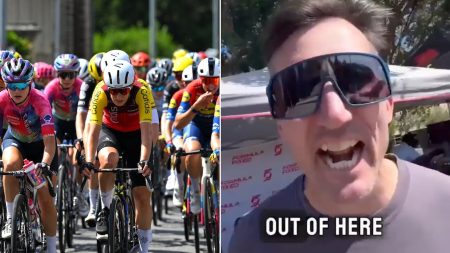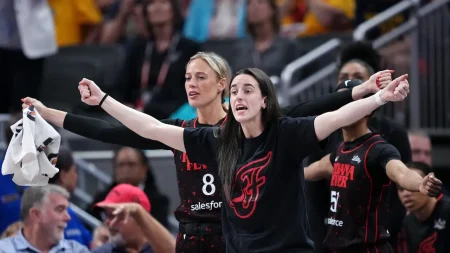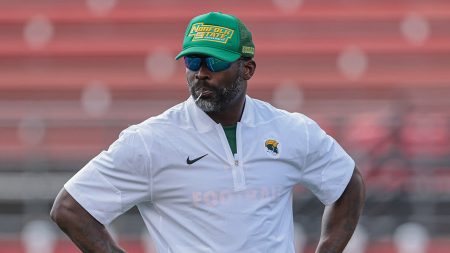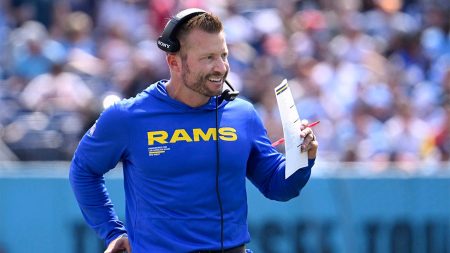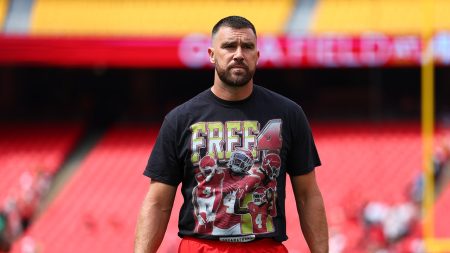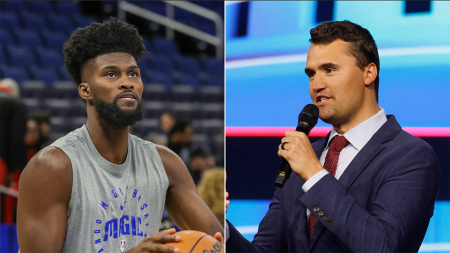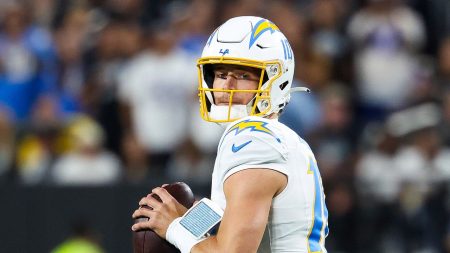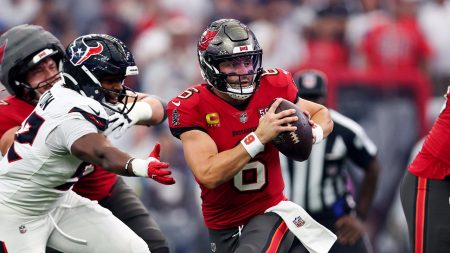Las Vegas Aces center A’ja Wilson, a five-time All-Star, is aiming to lead her team to a third consecutive WNBA championship this season. However, the Aces’ pursuit of a three-peat may be overshadowed by incoming rookie Caitlin Clark of the Indiana Fever. Clark, a former Iowa star, set all-time scoring records during her senior season and led her school to back-to-back national championship appearances. Despite her on-court success, the focus around Clark has shifted to discussions about why she is popular rather than her impact on women’s basketball. Wilson, in an interview with The Associated Press, acknowledged a racial element to Clark’s popularity, emphasizing the challenges faced by Black women in gaining recognition in the sports industry.
Wilson raised concerns about the disparities in endorsement deals, noting that Clark secured a major deal with Nike after the WNBA Draft, while top players like herself did not receive similar opportunities. Nike announced a signature shoe for Clark, while Wilson signed an endorsement deal with Gatorade. Clark, who finished her collegiate career as the all-time leading scorer in Division 1 with 3,951 points, earned prestigious awards such as the Wooden Award and Naismith Award. Wilson highlighted the influence of name, image, and likeness (NIL) in securing endorsement deals, with Clark benefitting from existing relationships with top companies.
A study by SponsorUnited on NIL marketing partnerships revealed that Clark had nine brand deals, despite not ranking in the top five female athletes in terms of NIL deals. Players like Angel Reese of the Chicago Sky and Flau’jae Johnson were among the top recipients, with Reese securing 26 deals and Johnson with 18. The study highlighted the significance of NIL in shaping endorsement opportunities for athletes, indicating a shift in the industry’s landscape. Clark, despite the racial discussions surrounding her popularity, has not engaged in the debate, focusing on her competitive spirit and the broader impact of women’s sports.
In response to the attention on Clark, Wilson emphasized the challenges faced by Black women in gaining recognition and opportunities in the sports industry. Wilson highlighted the nuanced intersection of race and marketability in determining player endorsements and public perception. Despite her success on the court and impact in the WNBA, Wilson expressed frustration at the inherent biases that can affect Black female athletes. The ongoing discussions about racial dynamics in sports marketing underscore the broader issues of representation and equality in the industry.
As both Clark and Wilson navigate their respective careers, the conversations surrounding race and endorsement opportunities continue to shape the narrative in women’s sports. While Clark’s rise to fame has garnered attention and accolades, Wilson’s perspective offers insights into the complexities faced by Black female athletes in the sports industry. The disparity in endorsement deals and public recognition reflects broader societal issues of representation and bias, highlighting the ongoing challenges faced by athletes of color. Amidst the discussions, both players remain focused on their performance on the court and the impact they can make in advancing women’s sports.




